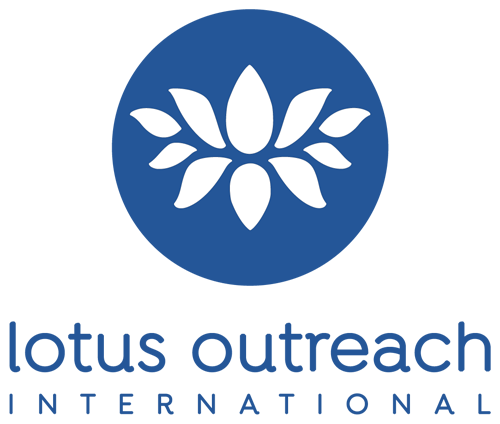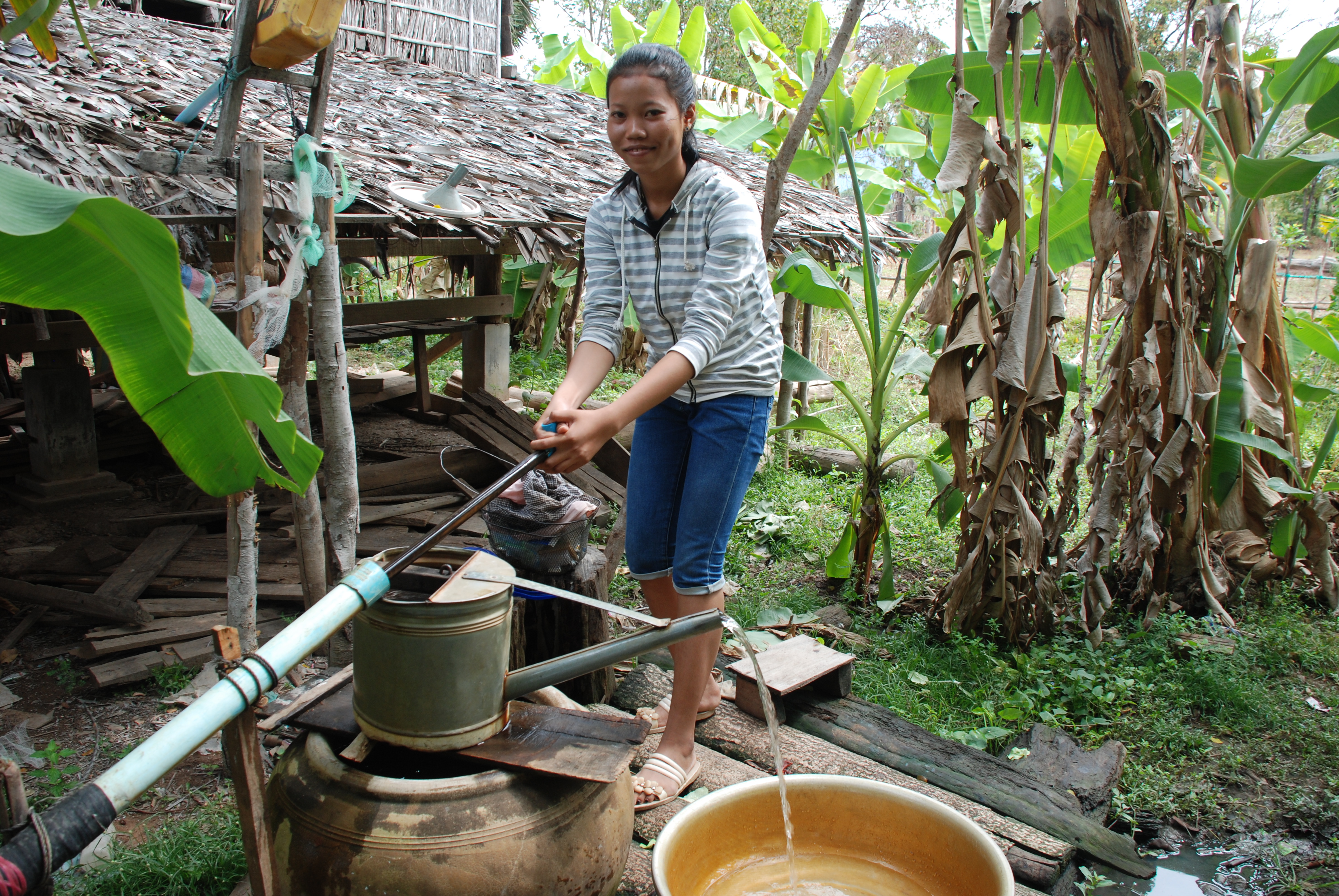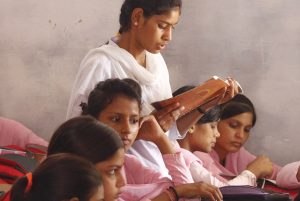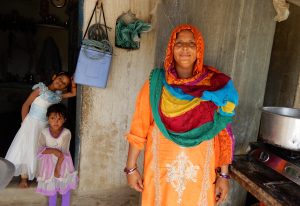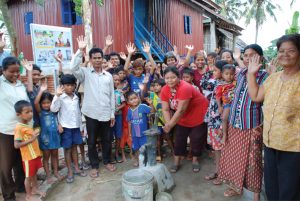“Gender equality is more than a goal in itself. It is a precondition for meeting the challenge of reducing poverty, promoting sustainable development and building good governance.”
— Kofi Annan
Where there is poverty, there are opportunities for exploitation. Women and girls are much more vulnerable than men and boys in low income countries where gender discrimination impacts all levels of social, economic and political life. We recognize gender discrimination and work toward gender equality in the communities we are active. Notably, in 2014, our LEARN (now Blossom Bus) program received national recognition in India by the Chief Minister of the state for “contributing to the education of 1 million students in Haryana.”. In 2016, Harvard University South Asia Institute and Tata Trust recognized our program out of thousands of others in India for reducing gender discrimination.
Gender theory recognizes a discrimination concept known as “womens’ triple burden”. Women work the fields, look after home and care for children, and shoulder the burden of maintaining family and social networks – relationships that are extremely important to societies living on the poverty line. Cultural norms among those living in poverty create barriers to education for girls, impose early marriages, and reinforce little to no wages for work done.
The 2016, Down to Earth yearbook published extracts of a report from an Indian National Commission for Women that showed women in India work twice as many hours as farm animals and three times more than men. What is more, women in India only have legal right to 12.78% of the agricultural land they spend 60 hours a week farming for no pay. (Centre for Science and Environment, New Delhi, 2016 Down To Earth year book p. 67-68)
The women we invest in invest in their families and communities. Our advocacy and mobilization programs amplify their much-needed voices within their communities and catalyze change at a grassroots level.
As women and girls gain confidence, self-esteem, and initiative, they inspire the change in their sisters, friends and families. This creates a trickle-down effect; cultural norms shift and communities are transformed.
